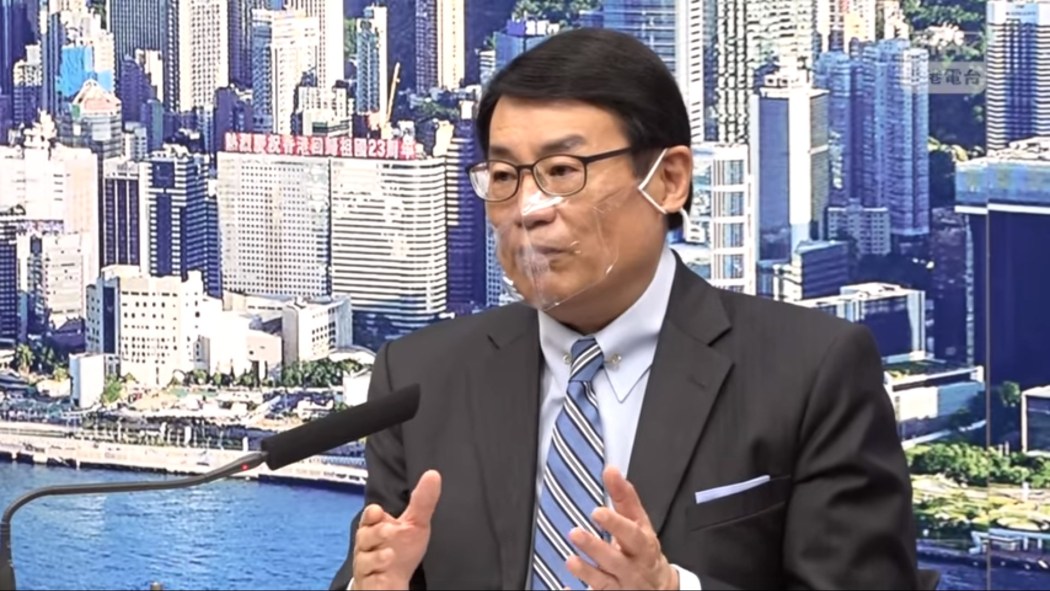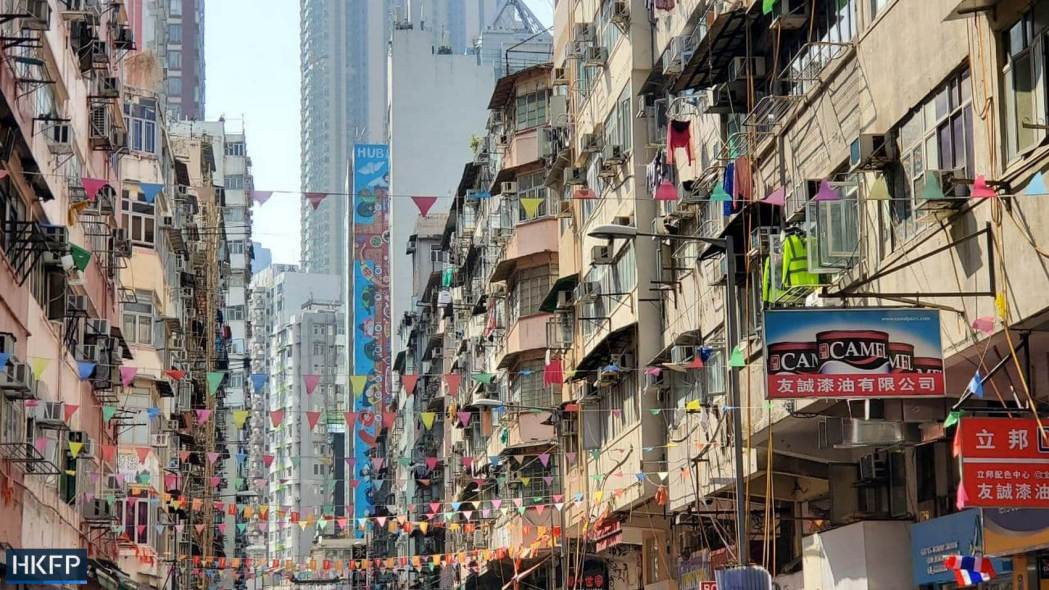A government-appointed task force has called for rent controls on Hong Kong’s subdivided flats, which house tens of thousands of low-income people in cramped conditions in a city with some of the world’s highest housing costs.
Residents should have the right to renew their tenancies and rent increases should not exceed 15 per cent, according to its report. If flats have no meter, landlords should also provide a copy of the utilities bill to tenants to avoid overcharging, it says.

The report also suggested a regulated tenancy of two years with a right to renew, meaning that a resident would have a protected tenure of four years in total.
Rent increases at the time of renewal should not be more than the percentage change in an existing government index for domestic properties or 15 per cent, whichever is lower.
William Leung, chairperson of the task force, told a press briefing on Wednesday the proposed measures aimed at balancing “the interest of tenants and landlords.”
‘Disappointing’ report
But a concern group for subdivided units, Platform Concerning the Subdivided Flats Issue in Hong Kong, described the report as “disappointing,” and said it relied too much on private market principles for the rent control plan.

“If [we] were to rectify the chaos in the subdivided flats rental market, [we] have to break the imbalance of power between tenants and landlords,” said its post on Facebook.
Tang Po-shan, convenor of the concern group, said on an RTHK radio show on Thursday morning that the four-year protection of tenure may not be enough.
“We think that six years would be more ideal,” said Tang. “It would give a more stable residency to tenants while they are waiting for public housing.”
The task force report also pointed out that the current average rent for subdivided flats is HK$4,800, and tenants usually use one third of their monthly salary to pay rent.
Hong Kong has the world’s highest private rental costs, according to a 2019 report by Deutsche Bank.
Millions of people live in government-provided subsidised public housing, but the waiting time for such rental apartments is almost six years, forcing families into tiny subdivided private flats.
Support HKFP | Policies & Ethics | Error/typo? | Contact Us | Newsletter | Transparency & Annual Report | Apps
Help safeguard press freedom & keep HKFP free for all readers by supporting our team

LATEST FROM HKFP
HKFP has an impartial stance, transparent funding, and balanced coverage guided by an Ethics Code and Corrections Policy.
Support press freedom & help us surpass 1,000 monthly Patrons: 100% independent, governed by an ethics code & not-for-profit.










